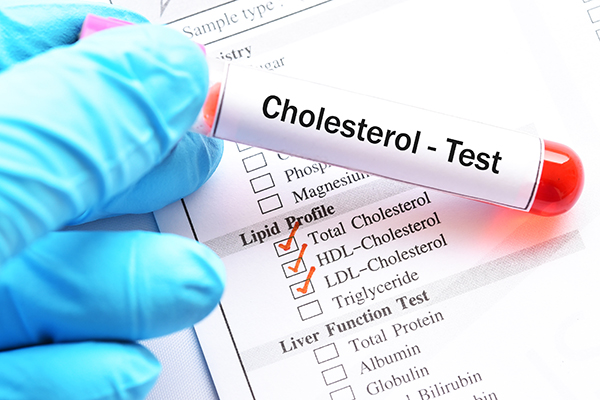
Researchers reviewed previous studies and found that a diet high in fat compromises the health of gut bacteria by causing gut dysbiosis. Microbial imbalance in the gut was found to cause the progression of cardiovascular diseases by increasing two major risk factors: atherosclerosis and high blood pressure or hypertension. Atherosclerosis is a disease in which the arteries build up plaque, which is made up of fat, cholesterol, calcium, and other substances found in the blood. This disease can result in serious ailments, such as heart attack, stroke, and death. On the other hand, hypertension is a disease wherein the pressure of blood flowing against the walls of the arteries as the heart pumps blood is too high.
Cardiovascular diseases are the leading cause of death worldwide. According to the World Health Organization (WHO), approximately 17.7 million people died from a heart disease in 2015, accounting to 31 percent of all deaths worldwide.
Instead of curing symptoms of cardiovascular disease, the newly explained links between gut dysbiosis and the development of cardiovascular diseases have opened the doors for early intervention or prevention. The researchers suggested that a way to correct the imbalance of microbiome in the gut is to consume prebiotics and probiotics which can restore good microbial populations along the gastrointestinal tract. (Related: Your gut bacteria may be telling you what to eat in order to FEED THEM.)

The roles of prebiotics and probiotics in risks of heart disease
Prebiotics are known for protecting the arteries through selectively helping in the growth of good gut microbiota, thus decreasing the risk of cardiovascular disease. Polyphenols obtained from fruits and vegetables have been discovered to contain prebiotic properties which can lower cholesterol induced by inflammation. Moreover, inulin and oligofructose, which both have prebiotic properties, trigger the growth of bifidobacteria that help retain the integrity of the intestinal barrier. In addition, prebiotic supplementation of inulin-type fructans can enhance the rebuilding of butyrate-producing microbiome as wells as butyrate's protective effects against atherosclerosis.
On the other hand, probiotics are live microorganisms that provide health benefits when consumed, with lactobacilli and bifidobacteria strains being the most common types. In the study review, the effect of probiotics on dysbiosis are specific on strains. Studies on probiotics were heavily focused on lactobacilli strains, because of the high activity of bacterial bile-salt hydrolase (BSH). BSH was found to have atheroprotective effects. In addition, it detoxifies bile salts to improve intestinal survivability.
“This confers lactobacilli strains an advantage in colonizing the human gut,” the researchers wrote.
On top of that, the ability of probiotics to reduce circulating cholesterol enables them to prevent the formation, progression, and rupture of atherosclerotic plaque. The researchers noted that even though there were different results of some human clinical studies on the subject, high-quality reverse cholesterol transports (RCTs) have “highlighted promising strains that elicit lipid-lowering effects.” RCT is a process by which extra cholesterol is transported to the liver to be turned into bile acids.
“Although therapeutics for metabolic diseases have often targeted the host as an isolated entity, the scientific community should place a greater focus on exploring the therapeutic potential of the microorganisms that reside in the gastrointestinal tract,” the researchers concluded.
The study review was published in the journal Nutrients.
Sources include:
Please contact us for more information.






















